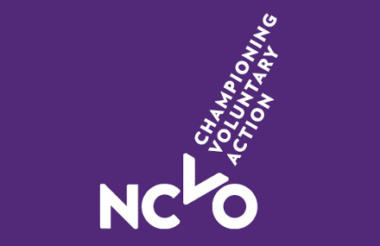The charity sector is not well attuned to the extent to which government will use private companies as public service delivery agents to sub-contract to the voluntary sector, NCVO’s chief executive has warned as he calls for a Compact-like code of conduct.
NCVO chief Sir Stuart Etherington, speaking in Westminster last night at a debate on charities’ independence, said that when people discussed the issue of charities’ independence they usually talked about dependence on state money. But, he said, there is a growing relationship between private and voluntary sector organisations in government delivery chains, and warned it was often a “problematic partnership,” referring specifically to the Work Programme.
“There are signs that charities are used as bid candy” he told the debate, organised by the All Party Parliamentary Group (APPG) on civil society and volunteering. “And there is also the phenomenon of ‘cream and part.’ Where a company creams off the easiest clients to work with, and parks the rest with the voluntary sector.”
He said he expected this would happen in other public service delivery areas such as the criminal justice system and health, and suggested creating a Compact-like relationship between the private sector and charities.
Sir Nicholas Deakin, who is part of a new independent panel of sector leaders who will report on the charity sector’s independence over the next five years, also spoke on the issue at the APPG.
He said the panel will produce its first report in December and would be looking at the impact of different forms of funding on the independence of the charity sector. “We won’t just look at state money,” he said. “Where companies look to voluntary organisations as ‘bid candy’ will figure in the report.”
Deakin also said the report would look at the Compact and if it was doing its intended job: “It’s not inevitable that the Compact will exists for ever,” he said. “But while it does we should see if it serves it purpose."
A civil economy
At the same debate Sir Stuart also spoke of civil society’s independence from the market, and suggested exploring a civil economy.
“We are increasingly seeing the marketisation of the charitable endeavour,” said Sir Stuart. “We are told to diversify income, and act more business-like. As this is a panacea.
“But we haven’t focused on developing an independent civil economy with mutuals and co-ops – this is worth exploring.”










